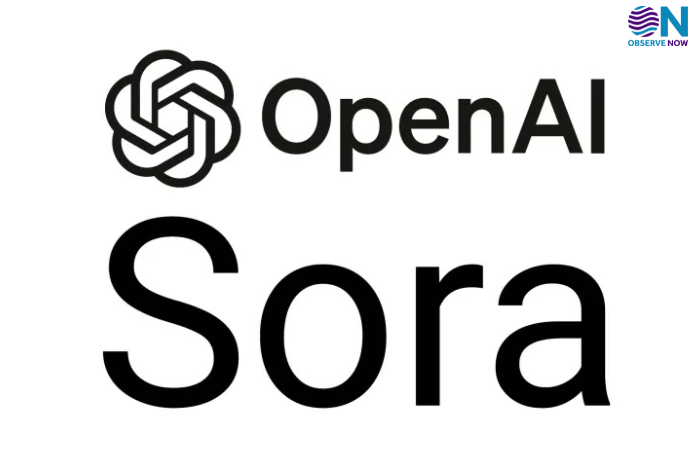OpenAI Faces Trademark Lawsuit from Cameo Over ‘Cameo’ Feature in Sora App

OpenAI is facing a trademark infringement lawsuit from celebrity video platform Cameo, which alleges that the AI company’s new “Cameo” feature within its Sora app violates its registered trademark and could mislead consumers. The case, filed in a U.S. federal court, marks one of the first major legal challenges OpenAI has encountered regarding branding in its expanding suite of AI products.
According to the complaint, Cameo argues that OpenAI’s use of the name “Cameo” for a video-generation feature causes confusion among users, potentially leading them to associate the AI-powered service with the original celebrity-greeting platform. The company emphasized that its brand is widely recognized in the entertainment and creator economy, having built strong consumer trust over the years.
The disputed feature within OpenAI’s Sora app reportedly allows users to create personalized AI-generated video messages resembling digital avatars — a concept that Cameo claims overlaps with its own service model. Legal experts note that the lawsuit underscores growing friction between generative AI companies and established digital brands as they navigate trademark, copyright, and identity boundaries in the AI era.
OpenAI has not yet issued a detailed response but is expected to defend its feature on the grounds that “Cameo” is a generic term used in the film and entertainment industry. However, analysts suggest the case could test how intellectual property law applies to AI naming conventions and synthetic content tools.
The lawsuit adds to the mounting legal scrutiny surrounding OpenAI, which has already faced multiple copyright and data-usage claims this year. If Cameo succeeds, the ruling could set an important precedent for trademark protection in AI applications and influence how future AI tools are branded and marketed.
















